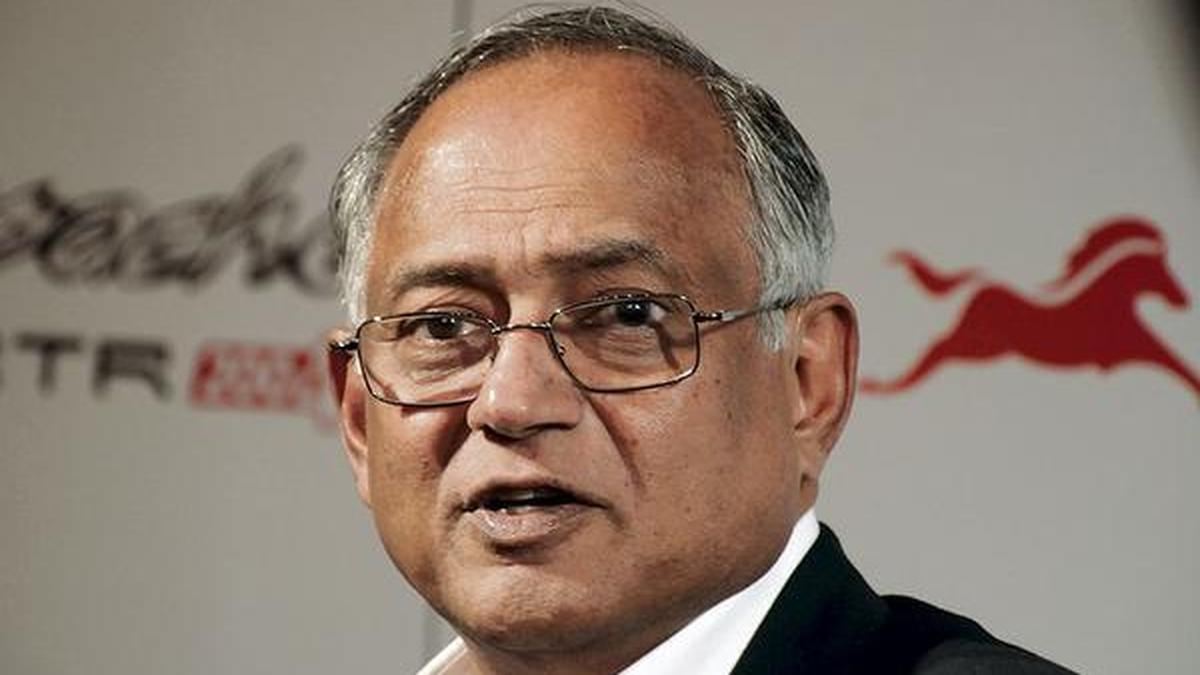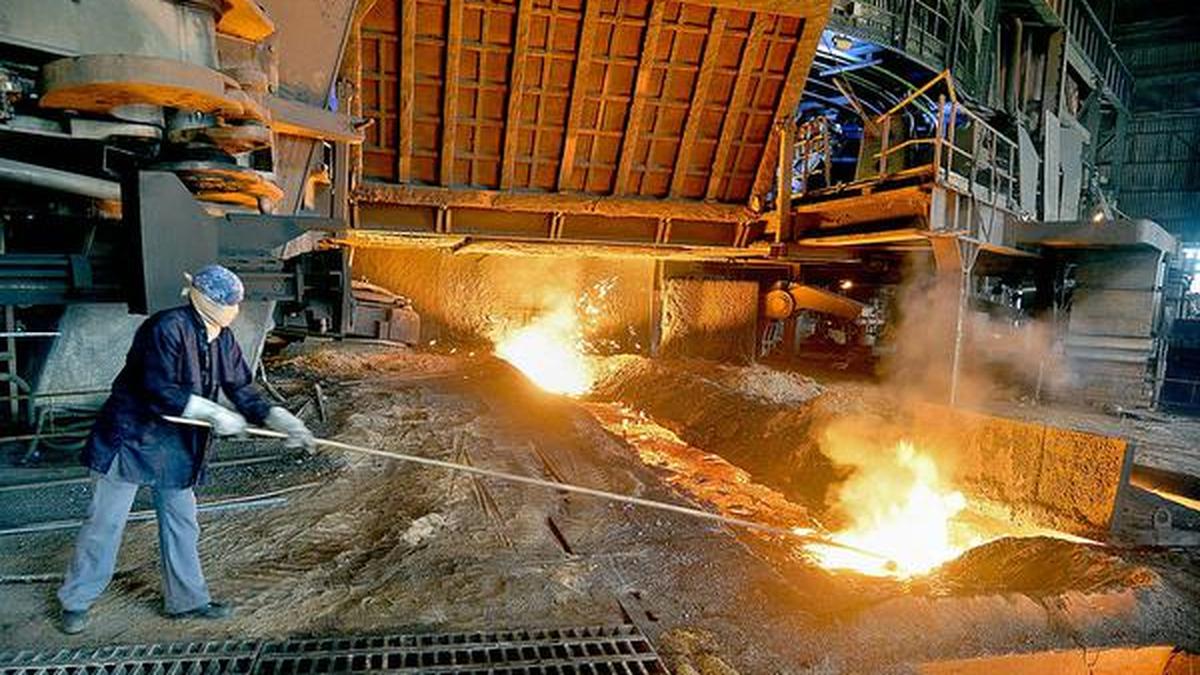The Right Choice’ is a series by The Indian Express that addresses common questions, misconceptions, and doubts surrounding undergraduate admissions. You can read the stories here.
Bachelor of Commerce (Honours) (B.Com Hons) or Bachelor of Arts (Honours) in Economics (B.A Hons. Economics)? This dilemma confronts many class 12 commerce students while choosing a course for their undergraduate degree. The general perception is that B.Com Hons. is a general accounting degree, while the B.A Hons. Economics is a more specialised programme. Both offer varied career options.But how can a student decide which of the two courses will work for them? Here is a look at the differences between the courses, the respective career trajectories they offer, and how you can make a choice
Difference between B.Com (Hons) and B.A (Hons) Economics
B.Com (Hons) focuses on accountancy and finance, with some modules giving additional knowledge on economics, law and management.
Some new-age BCom Honours programmes like BCom in Information Technology offered at University of Madras, Gauhati Universty, Sikkim Manipal University place additional emphasis on new technology, global business, applied finance and critical thinking.
B.A (Hons) Economics, on the other hand, is about the tools and techniques required to think empirically, theoretically and conceptually about the range of applications of the discipline of Economics in the real world. Some new age programs like BSc in Economics offered at Symbiosis School of Economics, Lovely Professional University, Ahmedabad University expose students to the real world in the form of capstone projects or live projects.
Explaining the core difference, Dean of the Jindal School of Banking and Finance, OP Jindal Global University, Dr. Ashish Bharadwaj, said, “While the Commerce degree is more industry-centric and specialised in select functional areas, a versatile Economics degree gives a thorough understanding of the quantitative tools required to deconstruct the world,
Another differentiating factor is that while a B.Com (Hons) student studies Economics as an integral part of the curriculum, an Economics student may not always study finance courses.
“Economics at an undergraduate level offers zero to little scope of learning topics beyond the discipline of economics. Commerce education touches on multiple topics across disciplines of law, economics, business and management within the portfolio of core courses,” Bharadwaj explained.
Future Prospects
Students graduating with a Commerce degree can be chartered accountants, financial advisors, financial analysts, budget analysts, investment analysts, associate commercial advisors, financial planners, investment bankers, public accountants, auditors, tax consultants, hedge fund managers, private equity specialists, chartered financial analysts, certified public accountants, corporate lawyers, among others.One of the options for an Economics graduate is teaching and research. Since the subject is conceptual, it provides an opportunity to specialise in a branch of the discipline such as agricultural economy, trade economy, labour economy, etc.
Additionally, they can become an in-house economist, data analyst, investment analyst, investment banker, insurance actuary and forecaster, while also exploring advisory roles in public and private sector organisations.
Speaking about the opportunities of the degrees, Bharadwaj said: “Quantitative skills in Economics and finance – learnt through pure maths, modelling, forecasting, programming skills or data analytics – will increasingly be in demand in the next foreseeable future…in academia, policymaking, corporate world, consultancies, non-profit organisations, and intergovernmental organisations,
How do I make the final choice?
As per experts, students choosing any degree should have clarity on the following four points: the learning outcomes of the curriculum, the overarching objectives through the degree, the programme’s ability to make the student future-ready and finally, the quality of faculty teaching the course.
Explaining that the “readiness of the programme should be determined based on the current and future needs of the job market”, Bharadwaj said that it was important to discuss the relevance of a discipline with those who are either teaching it or hiring its graduates for jobs.
“Students should correlate the learning outcomes of courses with their academic interests. Students should map objectives of the degree programme with their inherent attributes,” Bharadwaj added.
!function(f,b,e,v,n,t,s)
{if(f.fbq)return;n=f.fbq=function(){n.callMethod?
n.callMethod.apply(n,arguments):n.queue.push(arguments)};
if(!f._fbq)f._fbq=n;n.push=n;n.loaded=!0;n.version=’2.0′;
n.queue=[];t=b.createElement(e);t.async=!0;
t.src=v;s=b.getElementsByTagName(e)[0];
s.parentNode.insertBefore(t,s)}(window, document,’script’,
‘https://connect.facebook.net/en_US/fbevents.js’);
fbq(‘init’, ‘444470064056909’);
fbq(‘track’, ‘PageView’);







